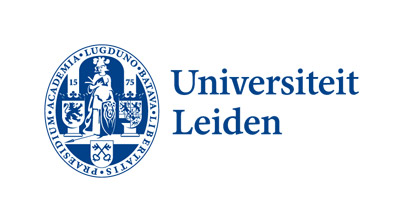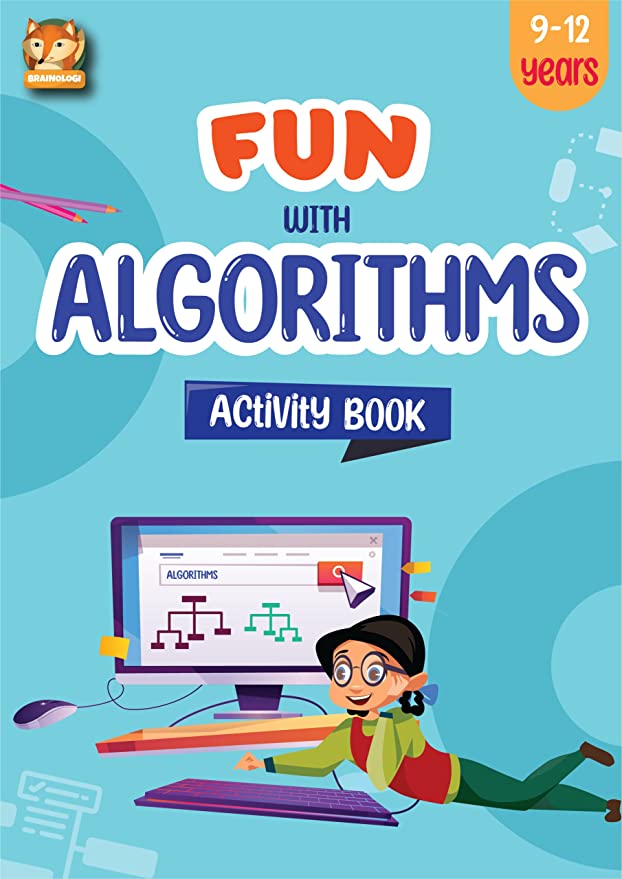

Want to participate? Send e-mail to w.a.kosters@liacs.leidenuniv.nl
before Friday afternoon February 10, 2023,
with an answer to the following exercise (from the Siegel book; see first lecture):
Show that Blue-Red Hackenbush does not have N-positions, i.e.,
in ordinary Hackenbush there are no positions where the
first player can always win.
Do visit the first lecture!!!
Subject: selected papers
from FUN2021,
10th International Conference on Fun with Algorithms
link —
another link,
from FUN2018,
9th International Conference on Fun with Algorithms
link —
another link
from FUN2016,
8th International Conference on Fun with Algorithms
link —
another link
from FUN2014,
7th International Conference on Fun with Algorithms
link
from FUN2012,
6th International Conference on Fun with Algorithms
link
and from FUN2010,
5th International Conference on Fun with Algorithms
link
Schedule: Tuesday February 7 – May 23, 2023; 11:00–12:45; location: Snellius 412
The Seminar (Combinatorial) Algorithms
is intended for Master students in Computer Science.
Lectures are in English.
The seminar is organised by
dr. H.J. (Hendrik Jan) Hoogeboom
and
dr. W.A. (Walter) Kosters.
This year's subject is FUN, see above.
Papers can be chosen from
this list.
Both in the first half and second half of the semester every student presents a paper from the FUN
conferences.
Meetings are on a weekly basis.
Students can also suggest neighbouring subjects.
Credit points: 6 ECTS.
There is no written exam.
Prerequisites: Algorithms, Complexity and Datastructures (all at bachelor's level). In particular you must know what "NP-hard" means.
Students should register in advance, in January 2022, by personal visit to the organizers (come on, please do this, you might get a better idea of the contents then). And answer a question, see above. The number of participants is usually around ten.
Students are supposed to present and discuss papers, during class. The setup depends on the number
of participants.
Every student presents two papers, one in each half of the semester. Each presentation takes about 45 minutes, so in a session we have two presentations.
Next to the oral presentations
(using PDF or PowerPoint slides, with the additional help of the
blackboard) ± ten
page self-contained essays on the subject must be written (in
LaTeX; in English/Dutch).
See here for a template;
and this is what it will look like.
Deadline: one month after the presentation.
Essays should be improved until students and organizers
agree on the contents. Students must be present
during all sessions, and are supposed to actively
take part in the presentations, e.g., ask questions.
Some form of peer review will be used.
Immediately after each lecture there is a short
discussion between students and organizers,
where the presentation is evaluated.
The first and second meetings are used to make a proper schedule.
Every student is supposed to choose and present two subjects,
one in the first half and one in the second half of the seminar.
Students should use their own laptop for the presentations.
It is wise to also have the slides for the presentation on a memory-stick, in PDF.
A beamer is always available.
Grading The final grade is composed of the four Ps: presentation (2x), paper (2x), participation (including presence) and peer review OR programming.
January 26, 2023 — http://www.liacs.leidenuniv.nl/~kosterswa/semalg/index.html